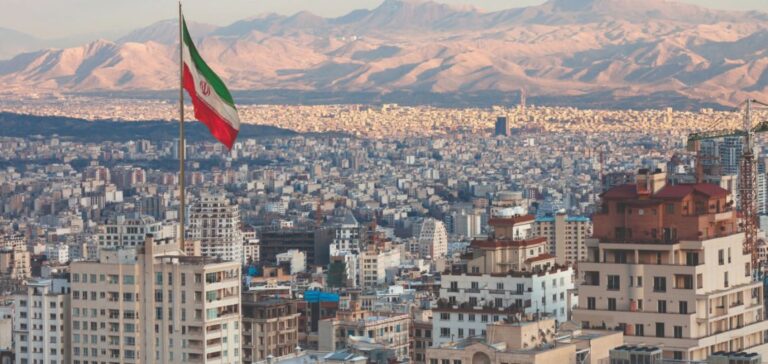China will host a tripartite meeting in Beijing with Russia and Iran to discuss the Iranian nuclear programme. The meeting takes place amid rising tensions over Tehran’s nuclear ambitions. The three countries are signatories of the 2015 agreement aimed at regulating Iran’s nuclear programme in exchange for easing sanctions.
Participants in the meeting
The negotiations will be led by the vice-ministers of foreign affairs of the three nations. Ma Zhaoxu of China, Sergey Ryabkov of Russia, and Kazem Gharibabadi of Iran are the key officials involved in this meeting. The discussions aim to clarify each party’s position and strengthen coordination to revive the dialogue surrounding the nuclear deal.
The context of the 2015 agreement
The 2015 agreement, formally known as the Joint Comprehensive Plan of Action (JCPoA), was signed between Iran and several major global powers, including China, Russia, and the United States. This agreement allowed Iran to benefit from sanctions relief in exchange for limitations on its nuclear programme. However, the US withdrawal in 2018 and the repercussions of that decision have weakened the agreement, leading Iran to suspend some of its commitments.
Goals of the meeting
The tripartite meeting aims to enhance communication and coordinate efforts to relaunch negotiations on Iran’s nuclear programme. The discussions will focus on how to prevent an escalation of tensions while seeking to restore some form of dialogue between the concerned nations. The objective is to find a political solution that ensures nuclear non-proliferation while addressing the geopolitical interests of the parties involved.
Geopolitical implications of Iran’s nuclear programme
Iran’s nuclear programme continues to raise concerns worldwide. While Tehran denies any intention to develop nuclear weapons, the United States and some of its Western allies have expressed concerns about the underlying military capabilities of the programme. China and Russia, on the other hand, continue to defend Iran’s right to develop its nuclear programme for peaceful purposes, while emphasising the importance of diplomatic dialogue.
Outlook for this meeting
This meeting in Beijing could redefine the geopolitical dynamics surrounding Iran’s nuclear programme. As tensions between Iran and Western powers remain high, the support of China and Russia for Tehran could challenge the effectiveness of sanctions and diplomatic pressures imposed by the United States and the European Union. Strengthening the strategic relationships between these three countries could allow Iran to bypass some of the economic restrictions while continuing its nuclear programme.






















